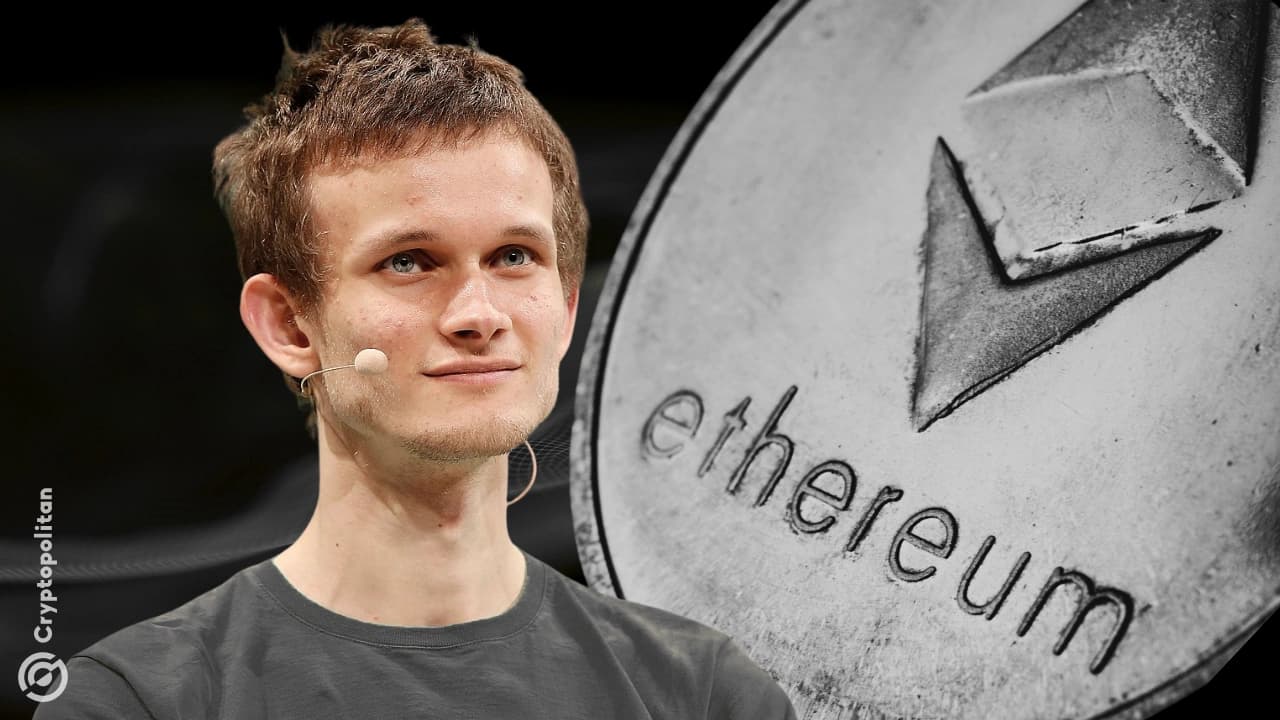Vitalik Buterin Emphasizes Public Mempool's Role in FOCIL for Small Ethereum Stakers

Ethereum co-founder Vitalik Buterin recently underscored the critical dependence of Fork-Choice Enforced Inclusion Lists (FOCIL) on the public mempool to facilitate participation for small stakers. Buterin, a staunch advocate for FOCIL as a mechanism to bolster Ethereum's neutrality and censorship resistance, articulated his position in a recent social media post. His comments highlight an ongoing debate within the Ethereum community regarding the network's future architecture.
"@potuz_eth @gakonst @secparam Also FOCIL depends on the public mempool to make sense," Buterin stated in his tweet. He further elaborated, "Otherwise where else are FOCILers (remember, the goal is to enable regular small stakers to participate in it) going to get transactions from?" This emphasizes that without a transparent and accessible public mempool, the very purpose of FOCIL—to empower individual stakers—would be undermined.
FOCIL, formally known as Ethereum Improvement Proposal (EIP-7805), aims to ensure that block proposers are compelled to include specific transactions, thereby mitigating censorship risks. The proposal seeks to redistribute power in block production, moving away from a single-proposer model where certain entities could potentially exclude transactions. A robust public mempool is essential for this, as it provides a universally visible source of pending transactions, reducing reliance on private channels and promoting fair inclusion for all participants.
The initiative is part of a broader strategy by Buterin to establish "multiple lines of defense" for Ethereum's neutrality, ensuring the network acts as a "dumb pipe" that processes all valid transactions without bias. This vision aims to prevent block builder oligopolies from gaining undue veto power over transaction inclusion. For small, independent stakers, the public mempool serves as a vital conduit to access transactions and contribute to block building, fostering more inclusive participation in the network's consensus.
However, FOCIL has sparked considerable debate, particularly concerning the potential legal implications for validators. Critics, such as Reflexer Labs co-founder Ameen Soleimani, have voiced concerns that mandating the inclusion of all transactions, including those from sanctioned addresses, could expose U.S.-based validators to legal scrutiny and prosecution. Despite these warnings, Buterin maintains that such trade-offs are necessary to preserve Ethereum's long-term censorship resistance and decentralized ethos.